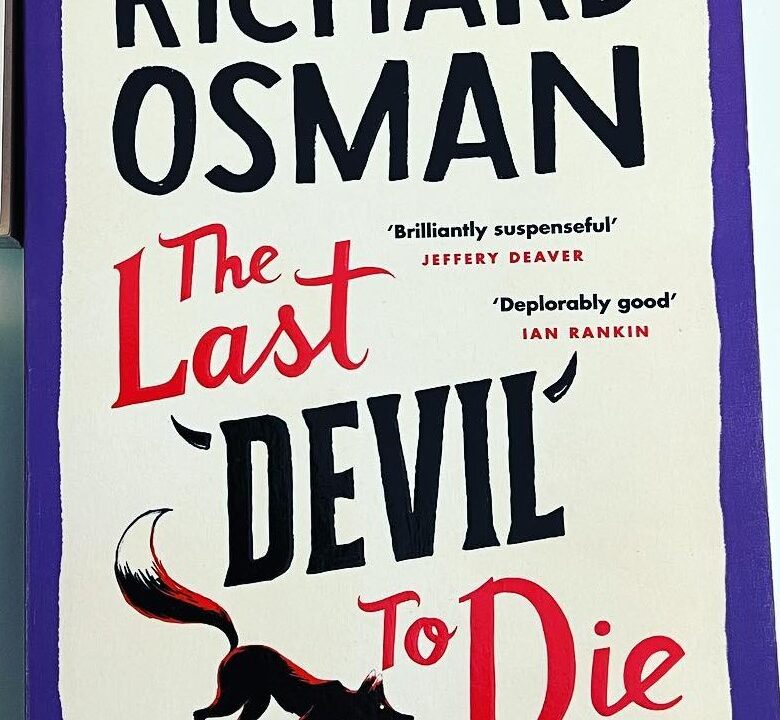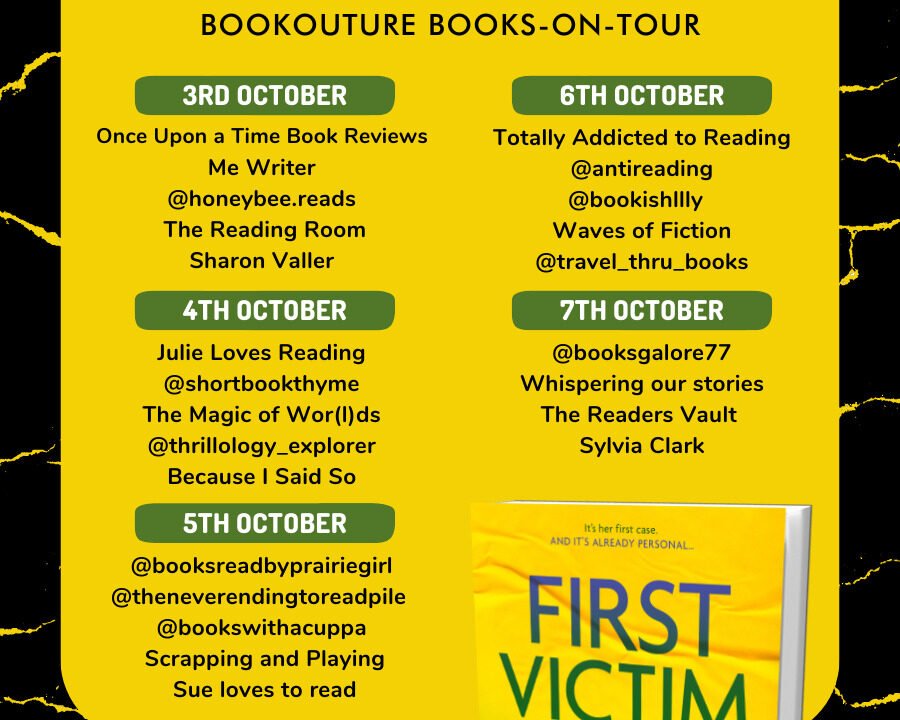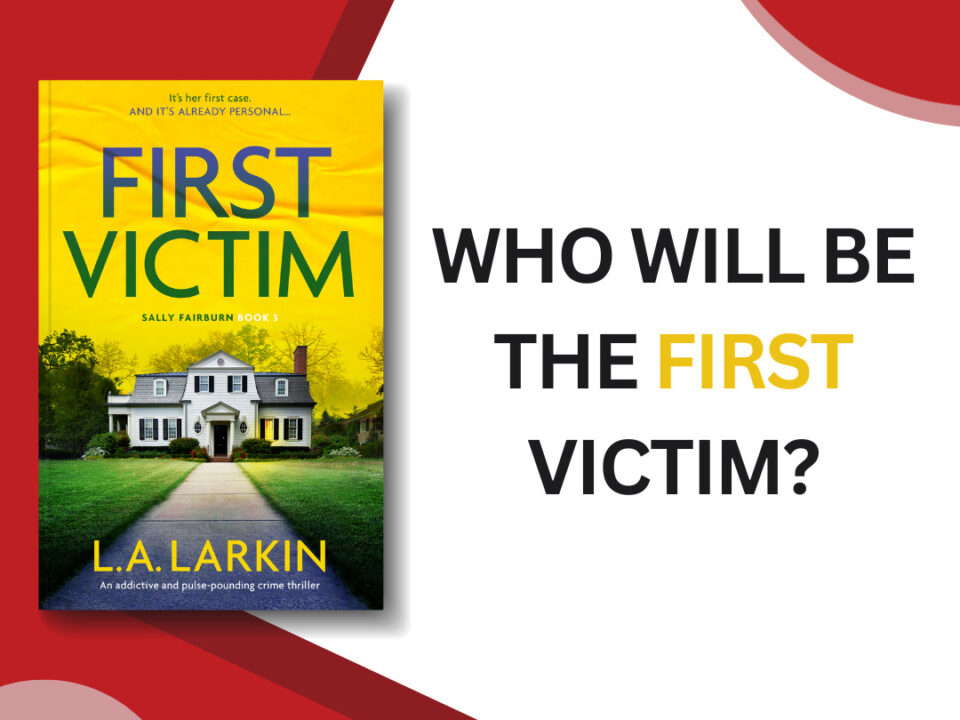Bulletin No. 3 – So who is going to tell your Story?
Right, if you’ve been following these bulletins you have worked out what your story is about, where it starts, and how you’re going to make your reader turn over to Chapter Two. Which brings us to – who is telling your story.
Most books have one character who becomes the central point of the action. Some have two or three; which is fine, but try not to change viewpoint too much in that first, all important, chapter. Concentrate on building up a strong central character that your readers can care about. And on the subject of that central character – if he/she weighs three hundred pounds, has biker tattoos, wears a ponytail, won the all-comers knitting contest, lives with his/her mother, and breeds ferrets – it really isn’t necessary to tell us all that in the first chapter. Keep the story going – you need to persuade the reader to turn to Chapter Two, which they’re unlikely to do if you’ve bogged them down in too many biographical details.
So who is your hero/heroine? Here is advice from two authors on how they created their central character(s).
Firstly Australian author, L.A. Larkin, whose current novel, The Genesis Flaw, has been nominated for four crime writing awards.
I write thrillers because I love the premise of ordinary, but clever, characters plunged into extraordinary situations. They are faced with an impossible mission. They must foil “evil” –be it preventing a murder, finding an abducted child, or stopping a global disaster–which puts their lives in danger. As Dean Koontz puts it, it’s about characters in “terrible trouble”. But above all, I love the emotional roller-coaster of a thriller: excitement, apprehension, fear, horror, exhilaration, relief. So, in my opinion, central characters should be intriguing and well-rounded enough to generate the kind of emotional connection that ensures a reader will follow them to hell and back.
However, thrillers are typically plot driven. Some hugely successful thriller authors mainly focus on the excitement of the plot, such as Matthew Reilly or Clive Cussler, whilst others place more emphasis on creating complex characters and their journey, such as John le Carré, Harlan Coben and Peter Temple, winner of a Miles Franklin Award and a CWA Gold Dagger. Wherever the balance is struck, though, it’s critical the reader is captivated by a thriller’s hero and villain. The same is equally true of procedural crime fiction: the detective or forensic specialist or private investigator character must be compelling: Ian Rankin’s Inspector Rebus and Mark Billingham’s Tom Thorne spring to mind.
When I appear at writers’ festivals, I find it fascinating to hear how authors approach character creation. Some write detailed character biographies, even completing a diary to develop a central character’s voice, and by doing so, often discover something unexpected about them. ‘I guess you know I killed my mother,’ the villain says in his diary entry. ‘No’, thinks the author, ‘I didn’t. But I love that idea!’
When I developed the heroine of The Genesis Flaw, Serena Swift; her hacker ally, John Flynn; and the villain, Al R. Bukowski, I spent time on each character’s physiological, sociological and psychological traits. I wanted to ensure that they had the necessary skills and motivations to achieve what they needed to achieve. If Serena was going to outwit the global CEO of one of the world’s most powerful corporations, she had to be corporate savvy, bright enough to learn hacking fast, and brave enough to adopt a fake identity. To create a hacker character who, having turned away from the dark side, is forced to break the law to help Serena, I needed to understand what motivates both malicious ‘black hat’, and defensive ‘white hat’ hackers. So my hacker source took me to a hackers’ convention (yes, they do have them!). As a result, I not only had an insight into what drives their obsession but also learned about key loggers, self-erasing discs and WiFi sniper rifles. In my next thriller, Thirst, set in Antarctica, my hero must not only survive the most hostile environment on the planet, he has to save the life of those he loves and stop a global disaster. He could only credibly do this if I clearly establish early on in the story his resourcefulness and his survival and crevasse rescue skills.
In some procedural crime fiction the perpetrator of the crime is a mystery and only revealed towards the end of the book. In thrillers, the reader can often know more about the villain than the hero. I believe it is important that the villain is not only a worthy adversary but is in a position of power at the start of the story. This might be power to manipulate the police and hire assassins, like my villain in The Genesis Flaw, or have psychological power over his victims and the hero, as in Michael Robotham’s Shatter.
I find that villains are far more believable when they actually believe what they are doing is right. As the author, I need to understand how they developed their particular warped view of life. I also need to understand why my hero or heroine is willing to put their life on the line to follow their quest. In le Carré’s The Constant Gardener it is Sandy Woodrow’s need to know who murdered his wife. In The Genesis Flaw, it is the death of Serena’s father and her belief that a biotech company’s product is responsible. In The Bourne Identity it is Jason’s desperate desire to know who he is.
I spend a lot of time working on the introduction of my hero and villain. Not only do I consider how much I initially reveal, but the language I use to describe them. John le Carré’s introduction to Big Melik in A Most Wanted Man had me hooked: ‘A Turkish heavyweight boxing champion sauntering down a Hamburg street with his mother on his arm can scarcely be blamed for failing to notice that he is being shadowed by a skinny boy in a black coat.’ Or the introduction to Jack McEvoy in Michael Connelly’s The Poet: ‘Death is my beat. I make my living from it. I forge my professional reputation on it. I treat it with the passion and precision of an undertaker.’
All characters need their own unique voice. Do they have pet phrases? Do they swear? Do they use technical jargon like my hacker character? I spent time in Antarctica to research Thirst and the ship had a Russian crew. I noted their gruff speech was interspersed with proverbs. As we were crossing the Drake Passage in ten metre swells, I vomited down the side of the ship. Unfortunately, it was the area designated exclusively for the captain’s ‘smoko’. He was furious and swore at me repeatedly in Russian. Fortunately, I had the presence of mind to race back to my cabin to note down his swear words for my Russian ship’s engineer character.
However, notwithstanding all my research and planning, when I write, I let the characters lead. I find them doing and saying the most amazing things that I had never thought of. There is a plot twist at the very end of The Genesis Flaw which has shocked my readers and equally surprised me! I have found that if I let the plot go off in an unexpected direction, or a character take some unpremeditated action, it often leads to a far better story. Happy writing!



